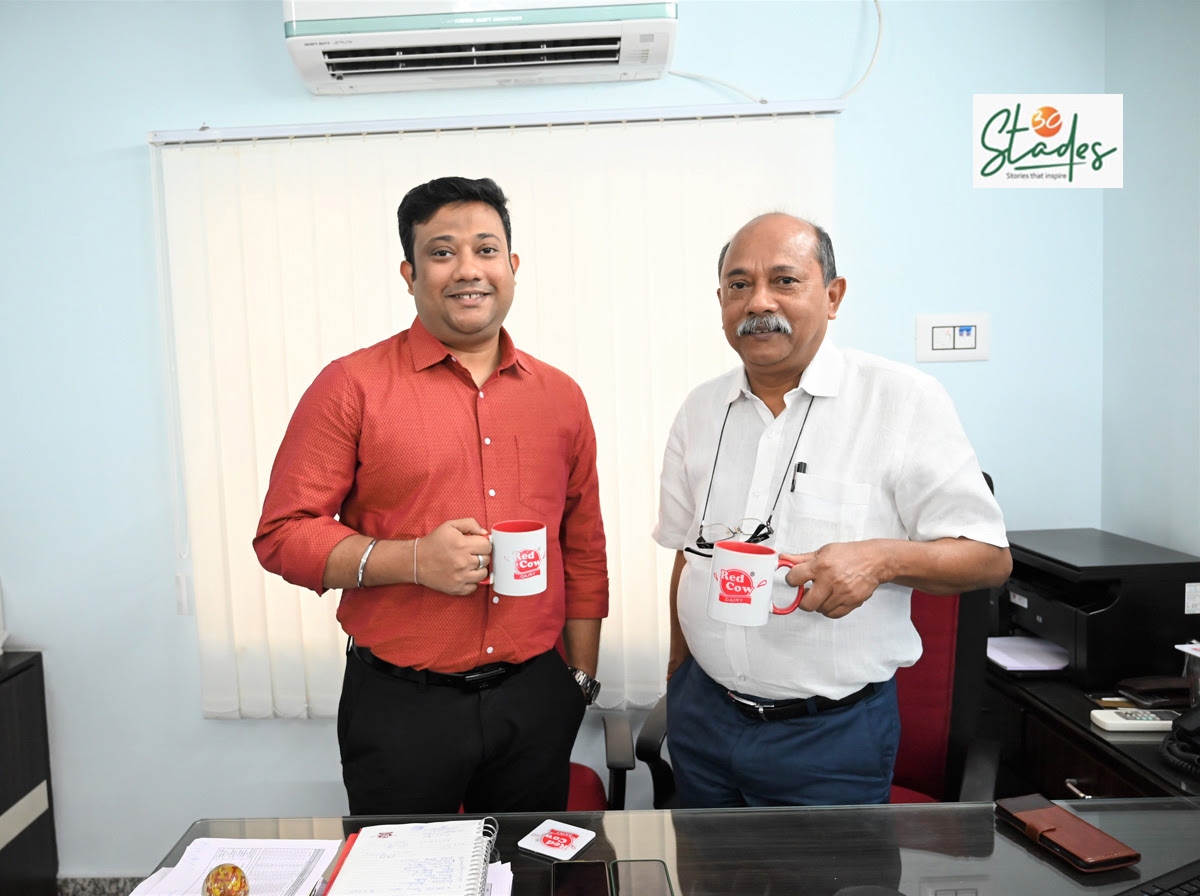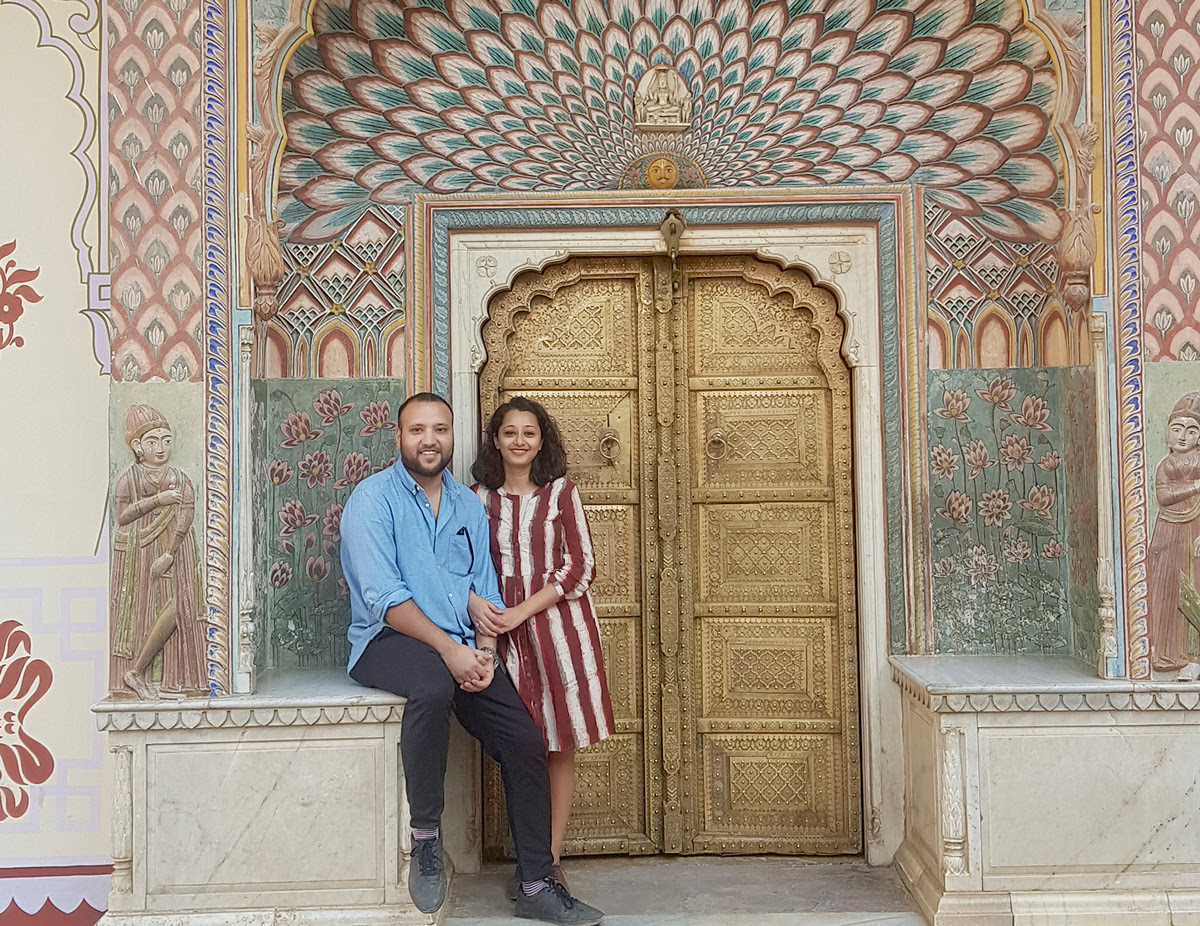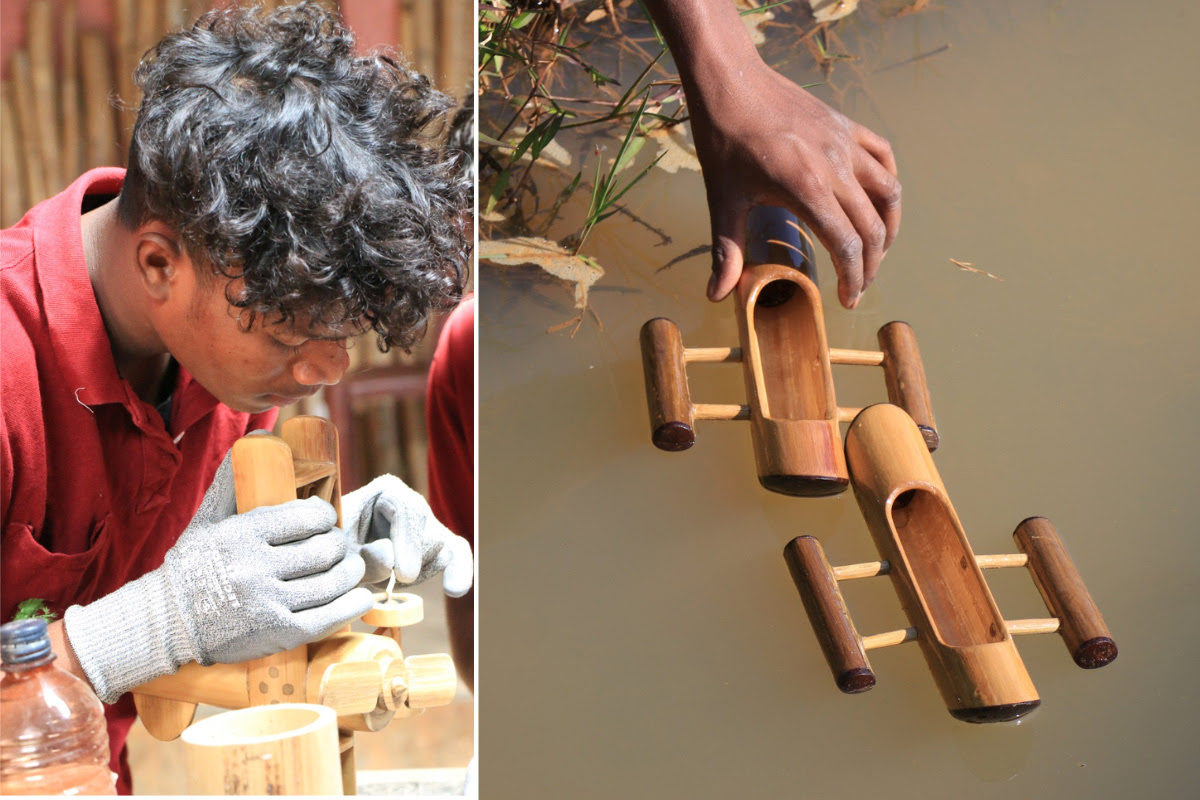Dear Reader,
I’ll begin this newsletter with the story of Narayan Majumdar. When he was 17, he was selling milk at a booth in Karnal, Haryana, for Rs3 per day while also studying dairy technology. At 21, he got a job in Kolkata but to reach the office, he had to wake up at 4 am, catch the 5 am train from Phulia and would return home at around 11 pm.
When he was 39, he would spend the day on his bicycle in the rough and narrow lanes of villages in Howrah, collecting milk from dairy farmers.
Today, at 65, Majumdar is the owner of the Rs842-crore Red Cow Dairy and is known as the Milkman of East India. Majumdar set up his plant in 1999 and his story is one of grit and hard work.
My colleague Partho has put together this piece, which is my favourite article of the week. It covers the circle of deprivation, determination, alleviation and ultimately, recognition.
Majumdar is not the sole beneficiary of his hard work. Red Cow Dairy works with over 3 lakh farmers in 12 districts of West Bengal and pays them a fair price for milk as against exploitation by middlemen earlier.
Tired of similar exploitation by ‘agents’, 15-year-old Nisar, from a family of hand block printers, migrated from Bijnor in Uttar Pradesh to Rajasthan. After working the whole day, his family would earn only Rs35. That work too came for just six months in a year.
Today, he earns Rs 1,000 a day, thanks to Raamae, a social enterprise set up by Mohit Ahluwalia and his wife Jagjyot Kaur, writes my colleague Bilal.
The duo quit corporate jobs and is now reviving hand block printing while training and empowering artisans. They have set up a unit in Sanganer, the textile hub on the outskirts of Jaipur, and the products are sold across India, the UAE and Sweden.
Our other story of the week is from Lamtaput. Never heard of the name? It is a block in Odisha, about 60km from Koraput, one of the 250 most backward districts of India. Here, in a remote village, tribal youth are handcrafting fully functional bamboo toys, ranging from boats to tractor-trailers, jet planes, SUVs, sports cars, and much more.
The toys are used by the angawadis in Odisha and also sold online, Stephen Ebenezer, who heads the factory, told me.
Non-profit Asha Kiran Society (AKS) set up the Lamtaput Bamboo Factory in 2020, helping reduce the migration of youth from Desiya, Gadaba and Bonda tribal communities. They recently executed a bulk order from Hindustan Aeronautics Limited (HAL) to make a bamboo toy model of Sukhoi Su-30MKI, the twinjet multirole air superiority fighter.
If you are planning to buy toys for anyone, then do look up the article. You may like one of those eco-friendly pieces and could contribute to a good cause.
Our Sunday story is on Telangana’s 13th-century Warangal Fort, built by rulers of the Kakatiya dynasty. The fort’s famous Kakatiyan arch (Warangal Gate) has been incorporated into the emblem of Telangana after the bifurcation of Andhra Pradesh.
If you are a natural farming enthusiast, you may like our video story on making seed bombs (or balls). Farmer and Ashoka fellow Samir Bardoloi has explained the method in detail.
And in the Money section, Karan has given financial planning tips for the self-employed. Nearly 50 percent of Indians in the working age group are self-employed. If you are one of them, this article may be useful to you.
Happy Reading!
Warmly,
Rashmi
/30-stades/media/media_files/COiCJIs3Qh7rZSuCjKn9.jpg)
/30-stades/media/agency_attachments/C8R8KLQ6iqxfzqUhMFYv.png)
 Follow Us
Follow Us


